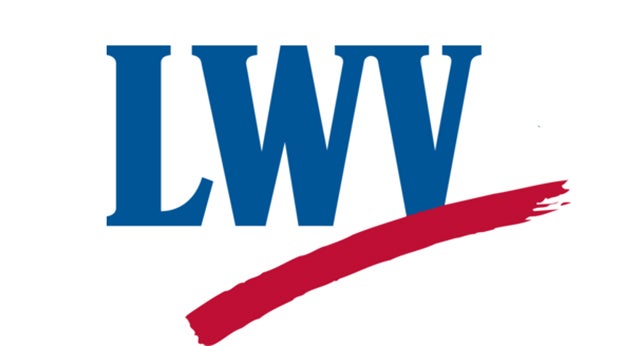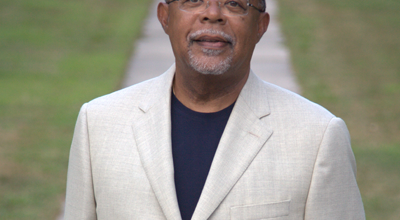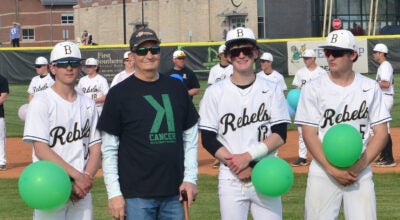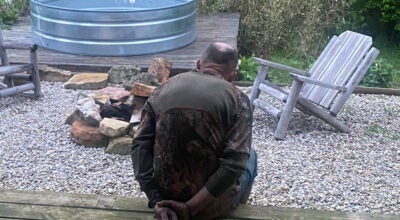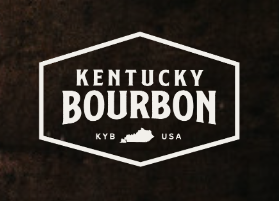Weston elected to LWV of Kentucky board of directors
Published 11:24 am Wednesday, July 8, 2020
Susan Perkins Weston has been appointed as a director of the League of Women Voters of Kentucky.
“I have always loved the League’s thoughtful energetic approach to studying issues and advocating carefully researched solutions,” Weston said.
She joined the LWV of Kentucky in 2017, when the organization offered the option of a statewide membership, in addition to being a chapter member, she said.
Before the statewide membership was available, “Folks who wanted to join the League all joined a local organization, and the one nearest to Danville was up in Lexington,” Weston explained.
“Even though I couldn’t join the Kentucky League myself until recently, I’ve had many friends who were intense civic activists working on issues like candidate debates and restoring voting rights to citizens with felony convictions on their records.
Weston also grew up in a “League home,” she said.
“As a kid, I colored on the back of League leaflets explaining about the school facilities challenges in our town, knowing the drawings on the front had been done by my mother. As a teen, I helped her take photos for the leaflet on New Jersey’s school funding case.”
Weston said the LWV is important because the group works “to defend and expand voting rights, and to help voters understand the voting process and be informed on major issues before our communities. We aim to be a trustworthy source of information for everyone.”
According to a news release, the LWV of Kentucky recently agreed to a program that will focus on the following issues:
- Restoration of felon voting rights
- Redistricting/fair maps
- Centennial events marking the 100th anniversary of passage of 19th Amendment and establishment of the League of Women Voters
- Candidate forums/debates for statewide offices
- Education, particularly full funding of public schools and graduation requirements
- Voting access and suppression, particularly during the COVID-19 epidemic.
Weston said she is especially interested in the issue of redistricting.
“After each federal census, redistricting is the process of drawing new boundaries for congressional and state legislative districts. Some people think of the word ‘gerrymandering’ when they hear about redistricting,” Weston explained. “The League works for the opposite: for fair maps designed with lots of public input. Kentucky will do redistricting in late 2021 or sometime in 2022, so we’re working now to help lots of people understand the process and see ways they can participate.”
Another issue she’s most concerned about is voting procedures during the current pandemic.
“Boyle County and Kentucky in general did an impressive job of making voting safe in the primary. For the fall, we need rules like that, but with much more work on helping every voter understand how the process will work,” Weston said.
The LWV of Kentucky doesn’t have any events or debates planned for Boyle County, even though there will be a general election in November, Weston said, because there isn’t a local chapter.
However, “If three or four people wanted to form a chapter, I’d love to meet them and work on making it happen.”
About LWV
(Taken from the League of Women voters of Kentucky website.)
The League of Women Voters of Kentucky is a nonpartisan public policy organization with five chapters in the state – (Bell County/SE Kentucky, Hopkinsville, Murray, Lexington, and Louisville).
As a non-profit, non-partisan organization, the League does not support or oppose candidates for political parties. Membership is men and women 16 years of age or older.
The League of Women voters of the United States is an outgrowth of the suffragist movement. Carrie Chapman Catt founded the organization in 1920 during the convention of the National American Woman Suffrage Association. The convention was held only six months before the 19th Amendment to the U.S. Constitution was ratified, giving women the right to vote after a 57-year struggle.
From the beginning, the League was an activist, grassroots organization whose leaders believed that citizens should play a critical role in advocacy. It was then, and is now, a nonpartisan organization. League founders believed that maintaining a nonpartisan status would protect the fledgling organization from becoming mired in the party politics of the day. However, League members were encouraged to be political themselves, by educating citizens about, and lobbying for, government and social reform legislation.


